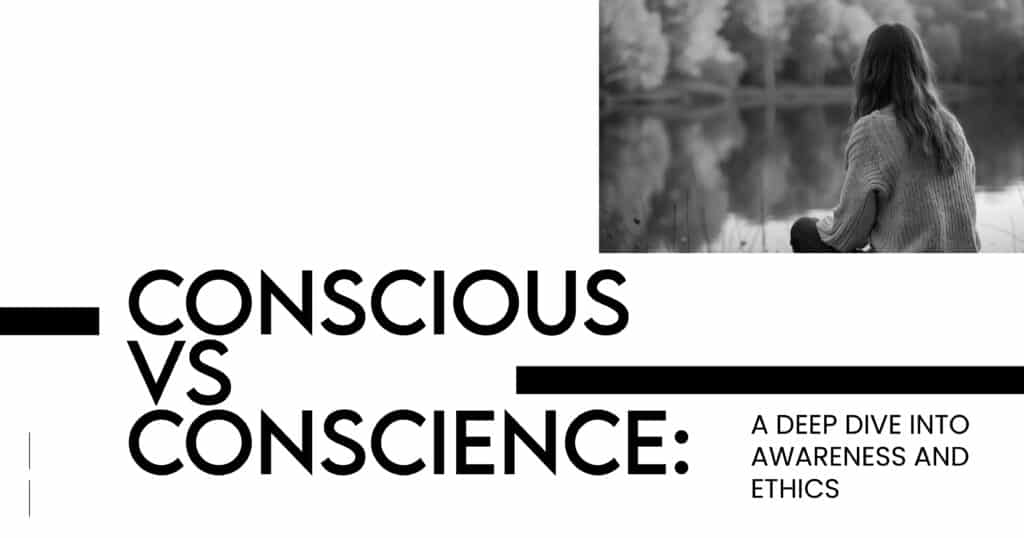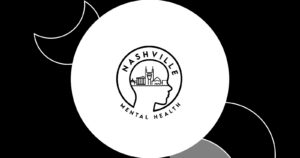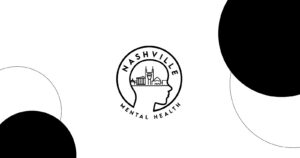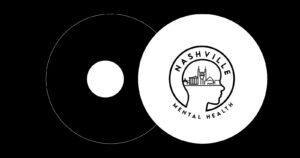The terms “conscious” and “conscience” are often misused – some people use these words interchangeably even though they describe completely different concepts. So, what is conscience? What is consciousness? And how do these notions guide us when we make decisions that affect us and others?
In this article we will distinguish consciousness and conscience, learn how our conscience impacts our choices, and figure out how to increase our awareness of ourselves, others, and the world.
Conscious vs Conscience: Navigating Awareness, Morality, and Mindfulness
A person can be conscious in the sense of feeling aware of who they are as well as exhibit the ability to perceive and process information without being conscious if they lack conscience, empathy, and the ability to put themselves in someone else’s shoes. While the state of consciousness is not directly moral, it is a necessary prerequisite for a person who is able to experience moral responsibility. Mindfulness can help you foster awareness of the present moment which potentially can result in emotional growth and development and higher emotional intelligence that will guide your moral behavior.
Nashville Mental Health
The Essence of Consciousness and Self-Awareness
Consciousness is the fundamental experience – the state of being aware of your own existence and surroundings. Self-awareness is a similar concept – it refers to the recognition of the conscious awareness in addition to the objective understanding of yourself, your feelings, and your character. Your ability to perceive yourself and everything that surrounds you and your ability to reflect on your experiences and see yourself for who you really are are strongly connected.

Differentiating Consciousness from Conscience
It is important to understand the difference between the “state of being conscious” vs “consciousness”:
- Consciousness refers to the state of being awake, alert, and aware of yourself and the world around you – it describes your internal thoughts and feelings.
- Conscience, on the other hand, is the inner sense of right and wrong which often manifests as moral obligation or guilt if you fail to adhere to your values.
The Role of Conscience in Ethical Decision-Making
Conscience significantly impacts the process of making decisions especially if the person tries to do the right thing and choose the course of action that complies with their principles and moral values. Here is how this internal compass works:
| Impact of Conscience | Description |
| Moral Evaluation | You get to assess the moral implications of your choice by filtering out the actions that do not align with your values |
| Shame and Guilt | If your actions contradict the principles you have set for yourself, you will feel ashamed and guilty which will prompt you to avoid a similar situation |
| Balance of Morality and Personal Interest | Your conscience may inspire you to make a decision that benefits others or helps society in general instead of a decision that works just for you |
Mindfulness and Its Influence on Conscious Awareness
Mindfulness practices that resonate with you can make a difference in how you observe your internal world and interact with the external world – there are various ways mindfulness can impact your conscious awareness:
| Benefit of Mindfulness | Description |
| Enhance Awareness | If you engage in mindfulness practices on a regular basis – for example, meditate or do yoga – you can observe your feelings and thoughts without getting carried away |
| Improve Emotional Regulation | Emotional dysregulation is the root of many problems, and mindfulness can help you respond to your emotions more effectively instead of being overwhelmed by them |
| Enhance Cognitive Function | Train your mind to be present with mindfulness techniques, and you can improve your focus, memory, and attention – concentrate and process information with more efficiency |
| Heal Your Mind and Body | Mindfulness works for your physical and mental health – if you opt for techniques that incorporate body awareness and breathwork, you can heal yourself by reducing stress and promoting relaxation |
The Inner Voice: How Conscience Guides Morality
Conscience has a large impact on morality – it helps us discern right from wrong and motivates us to act accordingly:
- Conscience allows us to make quick decisions since it is responsible for immediate and intuitive judgment about the rightness or wrongness of the action.
- Conscience makes us consider the ethical implications of our actions and the values that matter to us and guide our decisions.
- Conscience gives us the capacity to feel remorse and guilt – it motivates us to avoid harmful choices and do our best to rectify the mistakes we have already made.
- Conscience helps us develop authenticity and autonomy – while society and culture affect the way we behave, we make ethical decisions based on our own convictions.
The Intersection of Guilt and Conscience in Personal Growth
Conscience and guilt are closely linked but these two concepts are different. Conscience refers to the internal sense of right and wrong while guilt is about the regret or remorse you feel when you believe you failed to meet your own moral standards. Conscience will result in guilt every time you deviate from the moral code you have established for yourself, and if you take a step back to analyze your actions, acknowledge your mistakes, and prepare to act in a more constructive manner in the future, guilt serves as a very effective motivator for self-improvement, personal development, and positive change.

Nashville Mental Health
Learn More About Awareness and Ethical Actions at Nashville Mental Health
If you have been struggling with ethical dilemmas, your obligations contradict your values to the detriment of your well-being, or someone’s lack of morality and guilt caused you to suffer, talking to a mental health professional about your problems may be the right solution for you. Reach out to Nashville Mental Health today – together we will be able to promote the emotional balance you have been lacking and resolve issues that prevent you from feeling safe and confident.
FAQs
How does self-awareness relate to consciousness and influence our decision-making process?
Self-awareness is an aspect of consciousness – it is impossible without the person’s ability to recognize themselves as a separate individual. Our choices are more aligned with our principles and informed if we refer to our self-awareness when making a decision – we manage our emotional reactions and make choices consistent with our goals and beliefs.
In what ways does our inner voice play a role in guiding ethical decisions and morality?
The inner voice which is often synonymous with conscience serves as a moral compass allowing us to differentiate between right and wrong and evaluate the morality of every action no matter how big or small it looks at the moment. We weigh the potential consequences of our decisions and reconsider our actions because our conscience demands us to do so.
How can mindfulness practices enhance our conscious awareness and self-awareness?
By practicing mindfulness, an individual is able to foster self-awareness and accept their positive and negative, moral and immoral thoughts and feelings without judgment. Embrace yourself with all your strengths and flaws and then figure out how to proceed so that your decision is not emotional and impulsive.
What is the connection between guilt and conscience, and how do they impact personal growth?
Guilt occurs when the conscience is violated – when we go against the things we believe in or our choices hurt someone even if there was the intention to inflict damage in the first place. Both guilt and conscience encourage accountability, ethical choices, and self-introspection – this way, you can learn from your mistakes and improve as a person at any age.
Nashville Mental Health
How does conscience contribute to developing a strong moral compass in ethical decision-making?
Conscience helps us identify our moral obligations to ourselves and the people around us, allows us to evaluate the potential implications of our decisions, and motivates us to opt for the most moral – regardless of how subjective it is – choice available at the moment.





